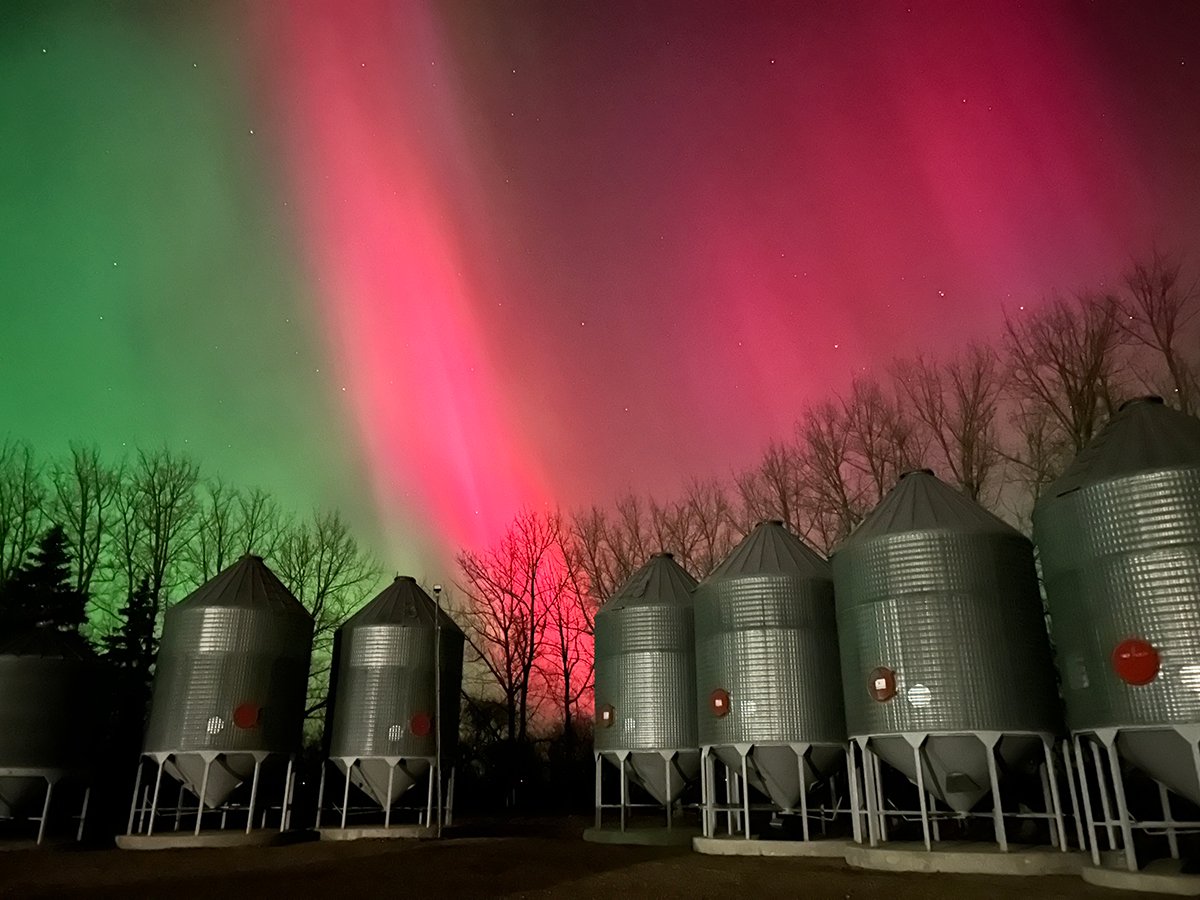A study has found Canadians believe leaders have done a poor job of explaining climate change and their policies to combat it.
They also think the media should provide more balanced coverage of all viewpoints in the debate.![]()
The study, which Compas Research conducted for the Frontier Centre for Public Policy, found 66 percent of Canadians criticized politicians for providing poor explanations on issues such as greenhouse gas emissions and the human impact on the environment, while 78 percent think the public has a right to more fair and objective news coverage of the debate.
Read Also

Powerful solar storm lights up night time sky
Prairie skywatchers have been on high alert the last few nights as spectacular aurora displays have made the night time…
Policy analyst David Seymour, director of Frontier’s Saskatchewan office, believes the more people read and hear about the global threat of climate change, the more they believe it.
“The most significant driver in people’s beliefs turns out to be whether or not they have been exposed in the media to alternate viewpoints,” he said.
Seymour commissioned the study because he felt that people’s perceptions regarding climate change are becoming an important story, but he contends they are being duped by selective media reporting.
“Anyone who believes this is the most important issue of our time owes it to themselves to investigate both sides of the issue,” said Seymour, who found that the few people who have been exposed to alternative views have different opinions.
He said the more balanced information they have, the more likely people are to accept the possibility of other scientific explanations for global warming.
Seymour said people should be basing their opinions on science.
“Instead, the main driver of opinion is what mainstream media chooses to report,” he said.
“The media has become the judge, jury and executioner on this issue and we really need to have media be more open minded.”
Seymour said he felt media need to recognize the power they hold to sway public opinion and should present a broader range of evidence so people can make up their own minds.
“When people have that opportunity, they come to very different conclusions.”
Politicians also have a role to play if they are skeptical.
“If we have politicians with the fortitude to say what they really think, there’s actually some big political gains for them,” he said.
Amber Jones, leader of the Green Party of Saskatchewan, said she found little understanding about carbon credits and environmental taxes in the last federal election but wasn’t sure if the fault lies with the media, the politicians or the public.
“I think people want to believe it’s not a huge problem because that’s the easiest way to deal with it.”
The solution lies in making people understand the issue and commit their tax dollars to alleviating its effects, she said.
She is angered by reports from “junk science people” that dispute global warming.
“We need to stop taking them seriously,” she said, citing the overwhelming majority of the scientific community that supports the theory that it is a real concern for the planet.














